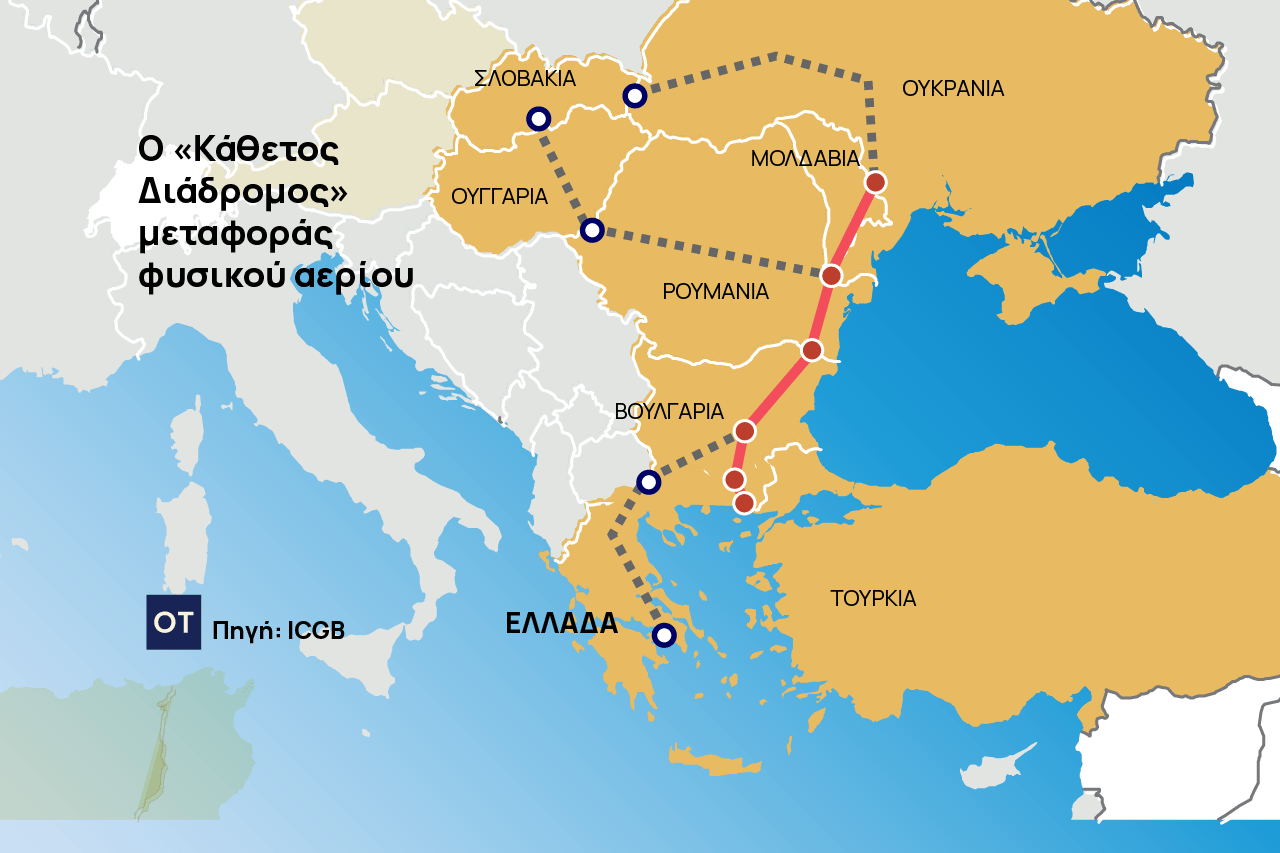In matters of remuneration and benefits, performance management and employee commitment, Greek companies make more use of people analytics, while more limited use is found in issues of diversity and inclusion. This emerges, among other things, from the “People Analytics Deree & KPMG” survey, which was conducted among a sample of 107 companies by KPMG Greece and Deree American college.
People analytics is the collection and processing of data on human resources, in order to make corporate decisions that will help make better use of it.
As the authors of the research point out, the most efficient utilization of human resources will lead to the achievement of the company’s goals. Globally, people analytics play a catalytic role in the efficient operation of businesses.
See the research in detail
The purpose of the research was to capture the degree of adoption of people analytics by companies in Greece, as well as to determine the factors that affect the adoption of specific data. At the same time, an attempt was made to capture the impact of people analytics on a number of indicators related to business effectiveness.
Main findings
According to the research results, the three most important reasons for using people analytics are:
- making better business decisions,
- strengthening the management model based on numerical data (data-driven management)
- the need for better employee management.
As for the three biggest challenges in using people analytics, they involve complex computational processes, managing large volumes of data, and lack of relevant resources. The greatest use of people analytics is observed in matters of remuneration and benefits, performance management and employee engagement, while more limited use is found in issues of diversity and inclusion.
The big picture shows that companies are currently focusing on descriptive analytics, and using key HR tools or information systems. Based on the research, companies are ranked in 4 levels of maturity of use of people analytics, with the highest degree of maturity to include advanced types of analysis, as well as advanced tools and information systems. Thus, the following categories emerge: basic users (24% of the companies), rising users (39%), advanced users (23%), and a small percentage of pioneers (13%). In companies with more maturity in using people analytics, there is a higher organizational and financial efficiency, as well as more effective HR management.
Prerequisites for the adoption of people analytics are the skills of HR executives in the use of people analytics, the business culture (data based culture) and of course, as expected, the support of top management. However, what seems to differentiate pioneers from other users is the investment in information technology infrastructure and the full alignment of the HR strategy with the business strategy.
Commenting on the results of the survey, Konstantinos Tasoulis, Associate Professor of Deree in the field of Human Resource Management, said: “Improve human resource decision making. Investing in people analytics should be considered as a means to an end, as it provides essential information to top management that supports strategy, investment proposals with tangible results and clear evidence to support the company’s decisions. Undoubtedly, their implementation is challenging, however, the benefits of making smarter, more informed decisions can be many. “This investment not only pays off, but becomes a competitive necessity as businesses grow in size.”
Georgia Kalemidou, senior manager, People Services, Consulting, KPMG in Greece, stated: “Businesses in Greece are at different stages of maturity in terms of utilizing people analytics. Developing a data-driven human resource culture is essential to better utilizing data. The scattered elements of human resources within the organization make it difficult to implement such a proposal. Gradually, however, a company can go from the simple combination of some information to methods of predicting future behaviors e.g. what are the characteristics that make an employee successful in a particular role or which employees are likely to look for career opportunities outside the company next year. Such information is important in shaping the strategy of attracting and utilizing executives. The technology and capabilities provided by human resource management systems can make a significant contribution in this direction, provided that the executives themselves will turn to more innovative approaches in managing the issues that arise in their daily lives.”
![KPMG: How and how much do Greek companies use people analytics [research]](https://www.ot.gr/wp-content/uploads/2022/04/kpmg-1024x576.jpg)







































